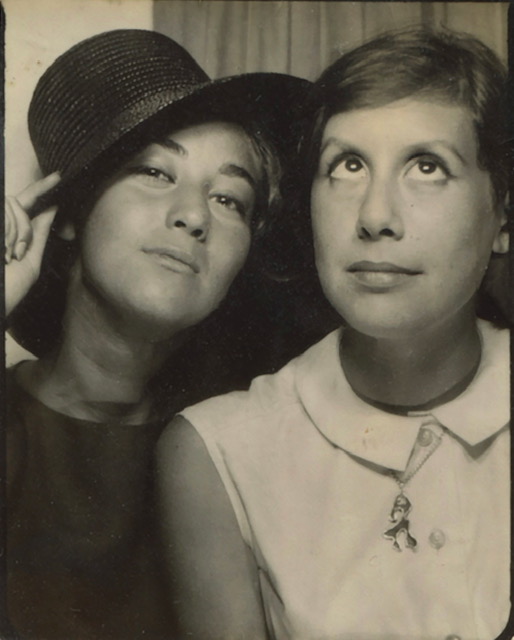I don’t hear as well as I used to. For the past few years, I’ve had to strain to follow the conversation in a crowded room, and I’ve watched television with the help of closed captions for the hearing-impaired. But like the vast majority of other Americans who have some hearing loss, I put off going to an audiologist to find out whether I needed hearing aids. Then I read something that made me think delaying the test might be a mistake.
Researchers report that people with hearing loss are more likely than others to develop dementia. What’s more, there also appears to be a connection between hearing loss and less serious cognitive problems. When investigators studied almost 2,000 people (average age 77) for six years, they found that those who, at the start of the study, had lost enough of their hearing to interfere with conversation were more likely to have difficulty later on with tasks that required remembering, concentrating or planning.
This is disconcerting news. Though many believe deafness occurs naturally with old age, hearing loss for women generally starts between 40 and 59, and it usually begins for men before they reach their mid-40s. Today, 36 million American adults are losing (or have lost) their hearing.
There are at least four theories about why poor hearing and dementia are connected:
- Those who don’t hear well tend to become isolated, and studies show that people who feel isolated are more likely to develop dementia, whether or not they can hear.
- When you have to struggle to hear, your brain is overloaded. “Even when I understand what is being said, the effort of trying to hear eclipses my ability to think,” writer Katherine Bouton explains in Shouting Won’t Help: Why I—and 50 Million Other Americans—Can’t Hear You (2013).
- Some structures within the brain seem to shrink if they don’t get enough auditory stimulation, which could affect the ability to think. Poor vision, uncorrected, also raises the risk of dementia, possibly because of a lack of visual stimulation.
- A common, underlying pathology may cause both hearing loss and dementia, though nobody knows what that pathology might be.
The last theory scares me. If it’s true, prevention could be difficult if not impossible. On the other hand, if the first three theories are correct, then hearing aids could help prevent or delay cognitive problems or dementia by relieving isolation and so on. And if hearing aids do make a difference, then Medicare and other insurers could probably save money by paying for hearing devices (most don’t now). Dementia is an expensive illness.
Studies show that six out of seven Americans who would benefit from hearing aids don’t have them. The cost—$2,000 to $6,000 per ear—discourages many, including me, along with the fact that insurance so rarely covers it. There’s also the stigma. Though that doesn’t bother me, a lot of people refuse to wear aids because they associate deafness with old age, and they don’t want to seem old.
For hearing devices to make a real difference, audiologists say, you have to wear them all day long so that your brain can adapt to major changes in the incoming sound stream. Yet most people I know who have aids take them out whenever they’re at home.
You’re also supposed to visit the audiologist regularly, to have the devices adjusted so that they continue to meet your needs exactly. Many people don’t know that. In fact, today more and more Americans buy hearing aids for bargain prices at big-box stores. Often, customers are tested and fitted by someone with very little training and without the follow-up care they need.
Scientists are planning more research that will look at the relationship between hearing loss and the loss of thinking ability, and whether hearing aids (used properly) can make a difference. Results are not expected until 2020 at the earliest.
I’m not waiting for the outcome: I’m wearing my first pair of hearing aids right now. When I broke down and went for testing, I was motivated by complaints from family and friends who were tired of being asked to repeat what they’d said, but I was also determined to minimize the risk to my mind and especially to my memory.

Flora Davis has written scores of magazine articles and is the author of five nonfiction books, including the award-winning Moving the Mountain: The Women’s Movement in America Since 1960 (1991, 1999). She currently lives in a retirement community and continues to work as a writer.



